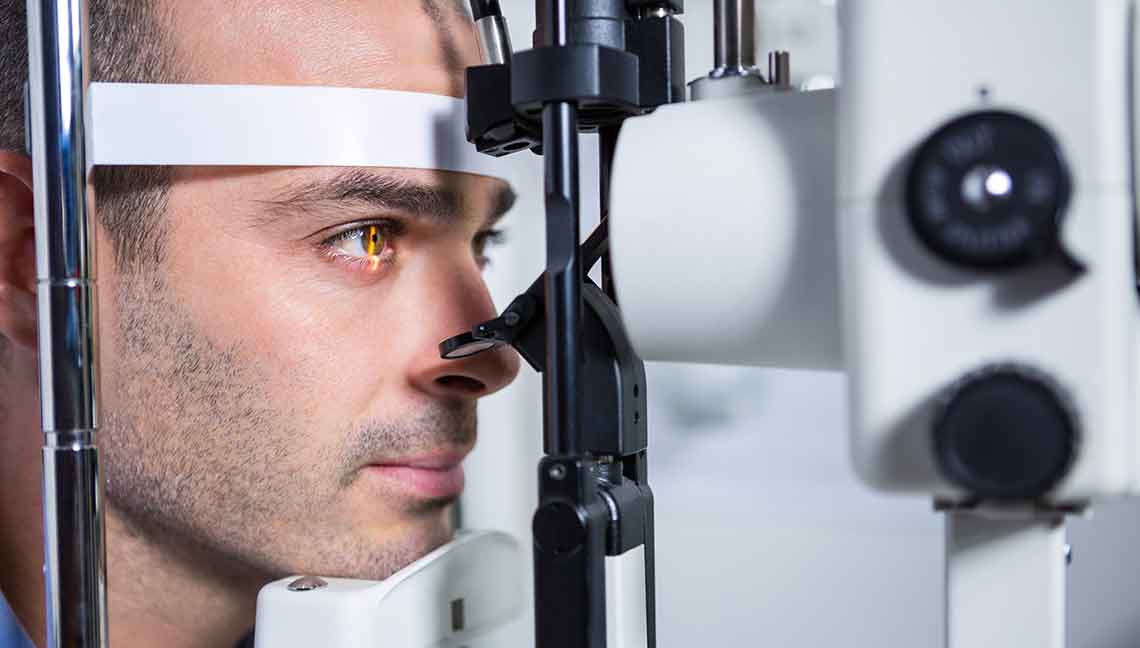New Windsor, NY 12553

Glaucoma Treatment
Glaucoma is a disorder associated with pressure in the eye, and is characterized by damage to the optic nerve. Glaucoma affects 3 million Americans, and half of those people are unaware they have the disease.
Approximately 5 to 10 million Americans have elevated eye pressure, which places them at risk for the development of glaucoma. Eighty thousand Americans are already blind from the disease. Overall, glaucoma occurs in two out of every 100 people. The risk factors for glaucoma increase for people over the age of 60, African Americans over the age of 40, people with a family history of glaucoma and anyone that has had a previous serious eye injury. If you are at risk you should have your eyes examined.
Glaucoma usually does not cause symptoms, so most people with glaucoma are unaware that they have it.
For those patients diagnosed with glaucoma, a treatment and follow-up plan will be organized. The goal of glaucoma therapy is to preserve the patients present level of vision, i.e., to prevent further peripheral, and sometimes central, vision loss. The treatment plan will vary widely depending on the type of glaucoma diagnosed, the degree to which the glaucoma has progressed, the patient's underlying risk factors, and many other variables which are beyond the scope of this brief overview. In general, medicine (both topical eye drops and oral medications), laser procedures, and operative procedures are all utilized in order to preserve vision.
Patients are followed at variable intervals according to the severity of glaucoma disease and response to treatment. However, most patients will be evaluated 2 to 4 times a year with pressure measurements, optic nerve evaluations, and visual field testing. In some cases, despite the most meticulous care and aggressive management, patients will continue to lose vision. However, in the majority of cases in which patients are diagnosed early in the course of their disease and are compliant with the ophthalmologist's advice, useful vision can be maintained throughout life.
Glaucoma is much more complex than most patients would like to believe. This very fact is the reason that glaucoma sub-specialist ophthalmologists have an additional one to two years of fellowship training beyond the four years of general ophthalmology residency training. That's why it is very important to choose a doctor with experience that you can trust for your glaucoma management.
